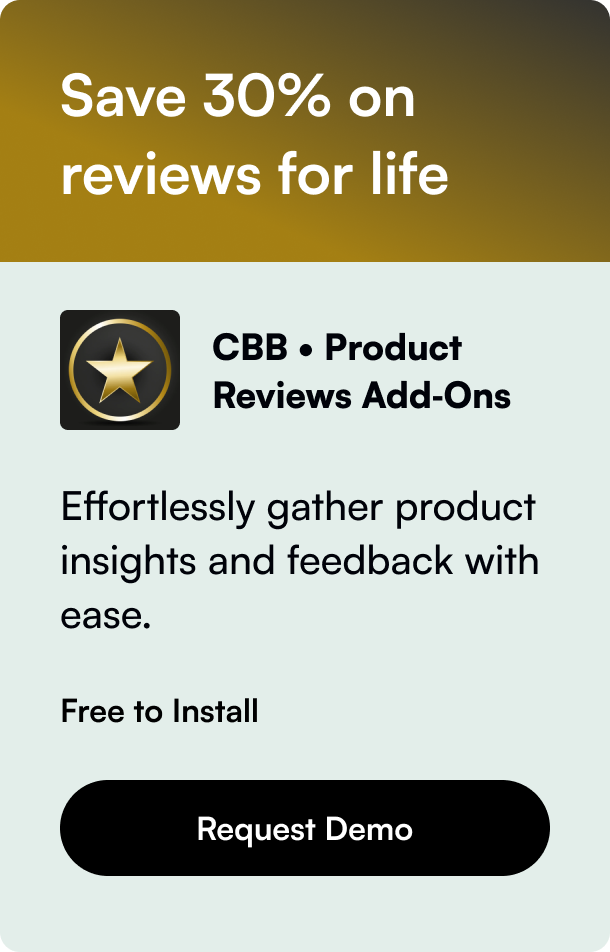Table of Contents
- Introduction
- eBay: The Marketplace Giant
- Shopify: Your Brand, Your Rules
- Analyzing The Competition: eBay vs Shopify
- FAQs
- Conclusion
Introduction
Have you ever found yourself wondering whether embarking on an eCommerce journey would be more fruitful on a marketplace like eBay or a platform like Shopify? Each represents a unique path and deciding which is best for your online business hinges on several factors such as control, cost, traffic, and user experience. This side-by-side comparison aims to demystify these aspects to help you choose the right vessel to set sail on your digital commerce expedition.
Key Takeaways:
- eBay is a marketplace with built-in traffic; beneficial for newcomers without a customer base.
- Shopify allows for greater brand control and scalability, ideal for long-term growth.
- Deciding factors should include cost efficiency, customer acquisition method, brand identity, and expansion plans.
Considering the dynamics of both platforms, let’s dive deep into what sets eBay and Shopify apart and unearth their respective pros and cons.
eBay: The Marketplace Giant
Founded over two decades ago, eBay redefined online shopping with its auction-style sales and vast range of products. It serves as a global marketplace where individual sellers and small businesses can reach millions of customers without the hefty marketing costs associated with driving traffic to a standalone store.
Pros of eBay: - Instant Traffic: With millions of users visiting eBay daily, you gain immediate exposure to a wide audience. - Ease of use: Setting up shop on eBay is straightforward, offering a platform that's user-friendly even for e-commerce freshmen. - Auction System: Unique to eBay, the auction system can lead to higher sales prices under the right circumstances.
Cons of eBay: - Fierce Competition: Standing out on a platform with numerous sellers can be challenging. - Fee Structure: eBay's selling fees, listing fees, and PayPal fees (for payment processing) can cut into profit margins. - Limited Branding: Customization is confined; sellers struggle to create a distinct brand identity.
Shopify: Your Brand, Your Rules
On the other side of the e-commerce realm stands Shopify. Lauded for granting complete control to the retailer, it's an all-in-one commerce platform to start, grow, and manage a business, differentiating itself with its emphasis on brand individuality and growth potential.
Pros of Shopify: - Customization: Extensive design options allow full control over the look and feel of your online store, cultivating a unique brand identity. - Scalability: Shopify can handle growth efficiently, from small beginnings to substantial market presence. - Rich Feature Set: With its integrated payment gateway, comprehensive analytics, and robust app ecosystem, Shopify empowers sellers to redefine the shopping experience.
Cons of Shopify: - Traffic Generation: Unlike eBay, Shopify store owners are responsible for attracting customers, often necessitating a sound marketing strategy. - Monthly Costs: While offering a range of plans, Shopify does charge a monthly fee, with costs increasing for more advanced features. - Learning Curve: The depth of Shopify's capabilities can be overwhelming, potentially necessitating a steeper learning curve to maximize the platform's potential.
Analyzing The Competition: eBay vs Shopify
While both eBay and Shopify serve as conduits to e-commerce profitability, their modus operandi differ greatly. eBay might allure with its existing traffic and simplicity, but a more serious retailer looking for longevity and scalability may recognize Shopify’s ability to cultivate a standalone venture worth its time and investment.
Which Is Right for You?
eBay Is Ideal For:
- Sellers seeking immediate visibility without upfront marketing investments.
- Businesses dealing in niche products that benefit from auction-style pricing.
- Retailers who prefer leveraging an established platform's reputation.
Shopify Suits Those Who:
- Aim to build a brand with a distinct identity and dedicated customer base.
- Have a long-term vision and are willing to invest in marketing to drive traffic.
- Desire complete control over their online store's design, functionality, and growth trajectory.
FAQs
Can I integrate eBay and Shopify?
Yes, there are tools available that allow sellers to list their Shopify products on eBay, blending both platforms' advantages.
Do I need to pay for traffic on Shopify?
Unlike eBay, Shopify doesn't provide built-in traffic; you may need to invest in marketing campaigns and SEO strategies to generate organic and paid traffic.
Is customer support different between eBay and Shopify?
eBay provides support largely for transaction-based issues within its platform, while Shopify offers a range of support services tailored to help with various aspects of running an online store.
Can I start with eBay and move to Shopify later?
Absolutely. Many businesses start on eBay to capitalize on the marketplace's traffic and then transition to Shopify as they start building a brand identity and customer base.
Conclusion
Deciding between eBay and Shopify is akin to choosing between setting up a stall in a bustling market or building your own specialty boutique. eBay provides traffic and convenience; Shopify offers brand control and expansion possibilities. Balancing your immediate needs with your long-term business goals will guide you to the best choice for your online venture. Embrace the platform that resonates with your business strategy and customer-centric focus, and watch your online empire flourish.








